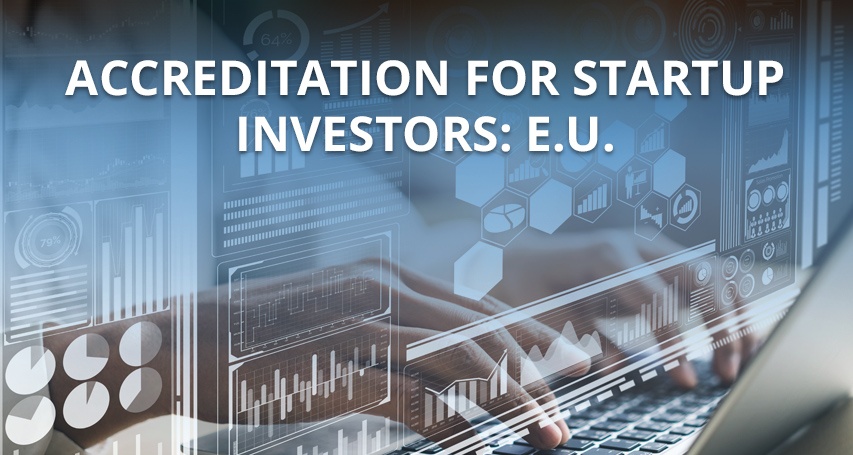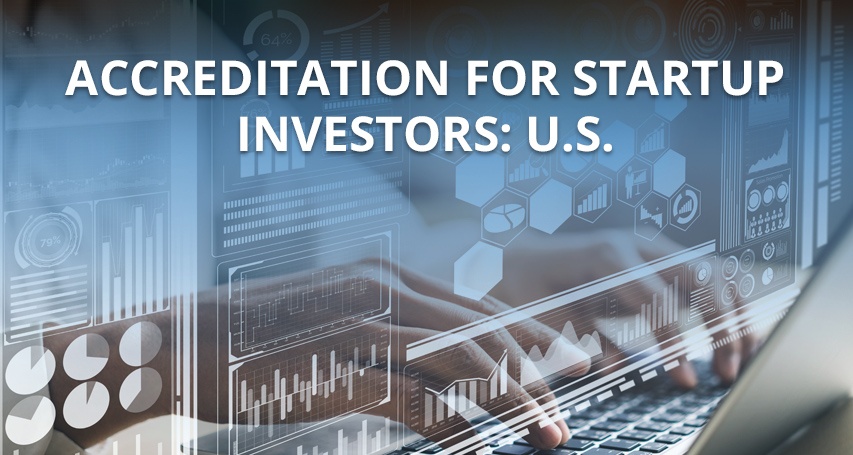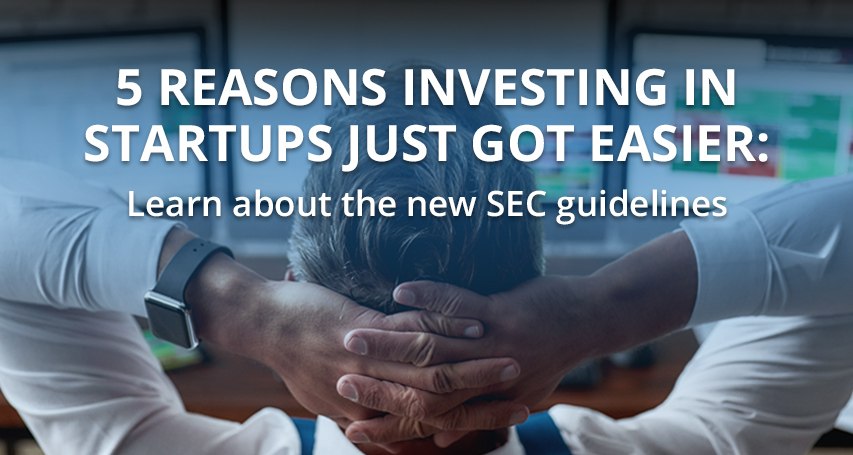Accreditation for Startup Investors: E.U. 🇪🇺
By OURCROWD The information contained on this page has been compiled, as of its date of publication, with considerable care to ensure investors are informed. The purpose of this page is to provide you with general information about qualified investors residing in the E.U.The information provided should not be considered as investment or other advice or a recommendation to buy, sell, or hold a particular investment. No representation or warranty, express or implied, is made to the accuracy or completeness of the information. OurCrowd’s platform is currently set up to accept members with a “Qualified”, “Accredited”, “Sophisticated”, or “Professional” accreditation status in their country of residence. What are the criteria, and what actions are required on your part? We have a general answer for you below. Please note: for specific questions about the qualifications of your investor status, contact OurCrowd. Why must I be accredited or be a qualified investor?Early stage, privately-held companies are high-risk investments, and therefore many countries require individuals to meet certain financial criteria before being allowed to participate in these investments. What are the overall...
Read More





